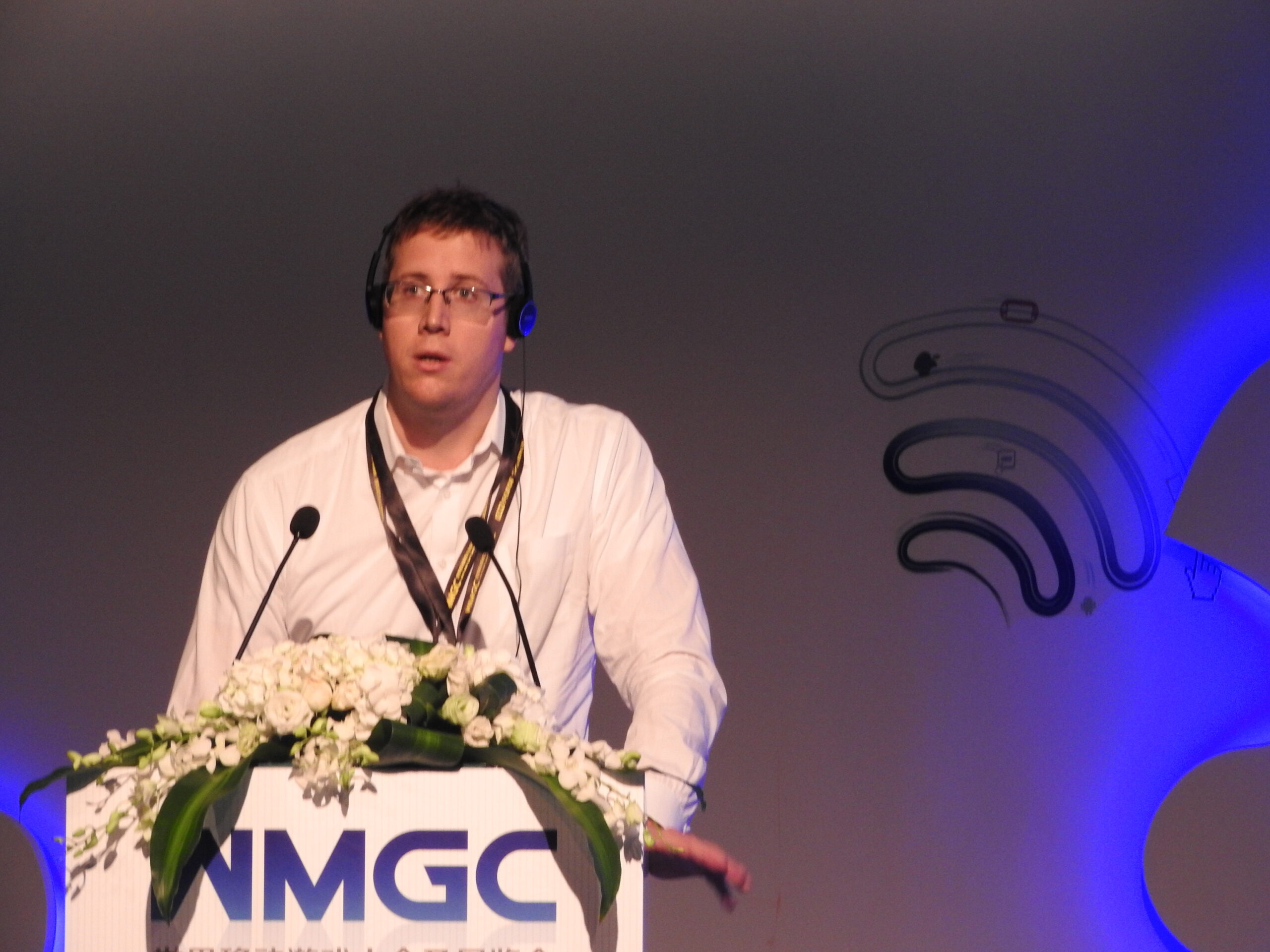SHANGHAI — Lots of Chinese game companies are flooding out of China into the West. Patrick Streppel, chief executive of consulting live operations firm IME helps make that happen. But he sees a ton of problems that can trip up the Chinese publishers that try to do it themselves and do it too fast.
The mobile gaming market has become tough, since it is dominated by long-term hits such as Supercell’s Clash of Clans, King’s Candy Crush Saga, and Machine Zone’s Game of War: Fire Age.

Unlock premium content and VIP community perks with GB M A X!
Join now to enjoy our free and premium membership perks.
![]()

![]()